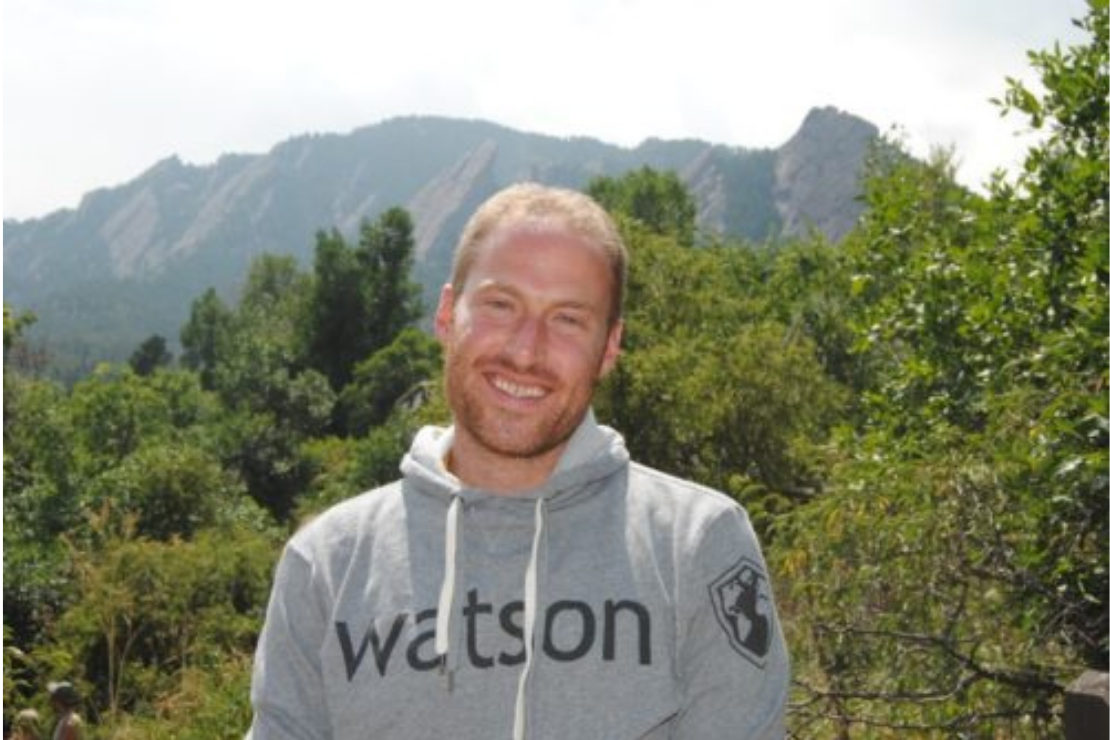5 Questions with Eric Glustrom, Founder of Watson Institute
Apr 29, 2021

Eric Glustrom is the founder and CEO of Watson Institute and founder of Educate! — two organizations transforming education worldwide. Watson Institute is a new model of higher education dedicated to supporting next generation entrepreneurs and leaders to forge impactful, successful careers and solve the toughest challenges of our time. Watson Institute’s scholars and alumni from 60 countries have raised over $100 million, created over 800 part or full-time jobs, and impacted over 150,000 people around the world through initiatives they help lead. Educate!, which Eric founded and serves as the board chair, currently reaches over 50,000 students across Uganda, Rwanda, and Kenya through a mentorship based, leadership and entrepreneurship program that has significantly influenced the national curriculum and exam of Uganda and Rwanda. Graduate of Amherst College in Biochemistry and recognized as an Ashoka fellow, Echoing Green fellow, and twice recognized as one of Forbes 30 Social Entrepreneurs Under 30, Eric’s work is driven by a simple belief: to solve the toughest challenges facing humanity, the place to start is within the hearts and minds of the next generation.
01. What is the mission of your organization?
Watson Institute's mission is to create and scale a new model of higher education to accelerate solutions of diverse, young entrepreneurs through world-class training, powerful community of peers, and intensive mentorship from leading entrepreneurs.
02. Why have you chosen to dedicate your career to this work?
I personally experienced the gap between what is taught at universities and what is needed to create a meaningful career and life of impact. I was motivated to create Watson Institute after struggling to find the connection between what I was learning in college and Educate!, the organization I started while a student, which would later become the start of my career and today is the largest youth serving organization in East Africa. The process of building Educate! helps inform my understanding of systemic change and my dedication to accelerate the careers and deepen the impact of diverse, young innovators.
My work continues to be driven by one core belief: to solve the toughest challenges facing humanity, the place to start is within the hearts and minds of the next generation.
03. What is the proudest moment of your work?
I don’t think there is a single moment, but rather a series of smaller moments when I see the people around me (and myself) growing and transforming. This could take the shape of a team member being promoted into a new position, overcoming the challenges involved, learning new skills, and ultimately excelling in a way she/he never thought possible or it could be one of the students we work with starting a venture that is impacting tens of thousands of lives, raising significant capital, and ultimately achieving more than they ever thought themselves capable of.
04. What advice do you have for organizations that want to support the entrepreneurs you serve?
At Watson, we believe that strong and reciprocal relationships are foundational to young entrepreneurs’ success. One of the key ways we support our students is connecting them to people who can support them, mentor them, and offer guidance on the entrepreneurial path that is only lightly trodden and full of unknowns. Growing one’s social capital is one of the best long-term investments young entrepreneurs can make in their future, and the greatest support we can offer as an organization is to help them to grow and deepen their network. My advice for organizations serving young, diverse entrepreneurs is to think in terms of “Return on Relationships” (RoR), such that decisions are made based on what is going to strengthen relationships and create helpful and collaborative communities.
05. What gives you hope?
I am excited by the pragmatic idealism of the next generation. Young people increasingly see their careers as avenues for positive social change. At the same time, they are pragmatic in that they want careers that are sustainable financially for the long-term, and they know that the problems they seek to address are complex and multifaceted. The acceleration of issues such as climate change and wealth inequality during their lifetime does not allow them to believe in simple answers. Their earnest navigation of this intersection between idealism and pragmatism is something that I find hope in, and will continue to support through my work with young people crafting lives of impact.
